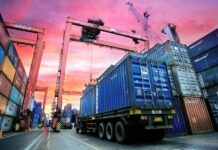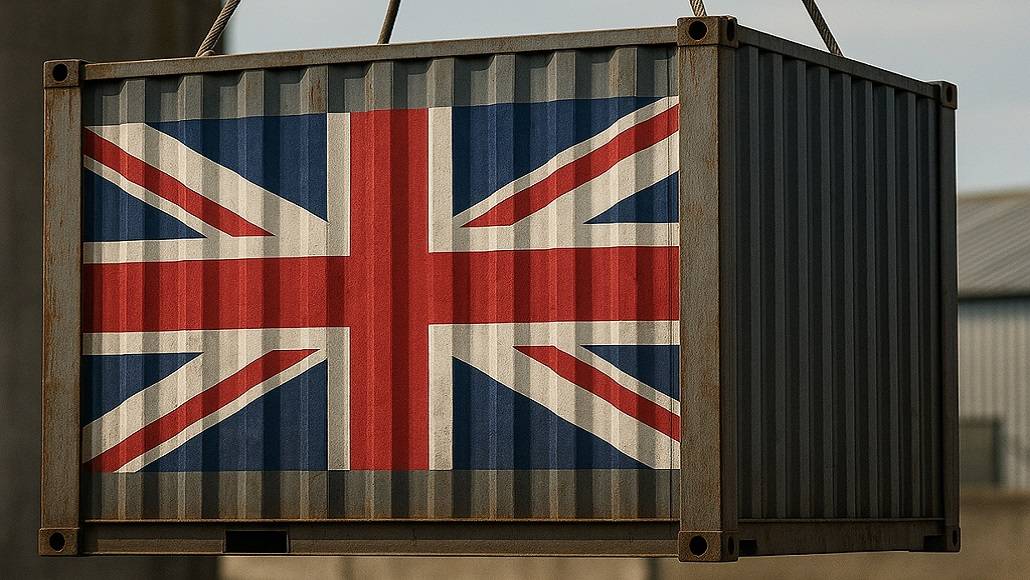On July 10, a fresh set of trade initiatives was introduced to enhance the UK’s Developing Countries Trading Scheme (DCTS), aimed at simplifying import processes for goods from developing countries. This strategic upgrade is expected to lower costs for British consumers while fostering economic growth in some of the world’s most impoverished nations.
The revamped DCTS focuses on providing UK consumers with enhanced access to competitively priced imports, particularly in sectors such as clothing. A key component of these reforms is the simplification of rules of origin, which allows a broader range of products from countries like Nigeria, Sri Lanka, and the Philippines to enter the UK without tariffs, even if they are manufactured using components sourced from various locations across Asia and Africa. Additionally, nations such as Bangladesh and Cambodia will continue to benefit from zero tariffs on items like garments and electronics, as noted in a recent release from the British Embassy in Phnom Penh.
“The world is changing. Countries in the Global South want a different relationship with the UK as a trading partner and investor, not as a donor. These new rules will make it easier for developing countries to trade more closely with the UK. This is good for their economies and for UK consumers and businesses,” remarked Jenny Chapman, Minister for International Development.
Major retailers, including M&S and Primark, are poised to gain significantly from these changes, enhancing their access to competitively priced imports and creating more resilient supply chains. Since its launch in June 2023, over £16 billion (approximately $21.52 billion) worth of UK imports have already realized tariff savings through the DCTS.
Eoin Tonge, interim chief executive at Primark, expressed support for the new regulations, stating, “We welcome the changes to the DCTS rules of origin for garments, which remove the potential cliff edge when a country graduates from Least Developed Country status. This will help us to maintain our existing supply chain strategy in our key sourcing markets in Asia, such as Bangladesh and Cambodia.”
The updated scheme also introduces additional support for exporters in developing countries to help them comply with UK import standards. Furthermore, the initiative aims to facilitate trade in services, including digital, legal, and financial sectors. These efforts align with the UK’s broader ‘Trade for Development’ agenda and the newly published Trade Strategy, which seeks to grow the economy, support households, and strengthen international partnerships.
The announcement was made during a joint reception hosted by the Department for Business and Trade (DBT) and the Foreign, Commonwealth & Development Office (FCDO), which was attended by British business leaders and ambassadors from various countries.
“UKFT welcomes these additional changes to the Rules of Origin under the DCTS, which will bring real benefits to the fashion industry in the UK and in DCTS countries,” commented Adam Mansell, CEO of The UK Fashion & Textiles Association.
Yohan Lawrence, secretary general of the Joint Apparel Association Forum (JAAF) in Sri Lanka, added, “We warmly welcome the UK’s Trade Strategy. The new rules allowing greater regional sourcing for garments while retaining duty-free access to the UK are a game-changer.”
This comprehensive approach not only underscores the UK’s commitment to fostering international trade relationships but also highlights the significant role that developing countries play in the global economy.

































